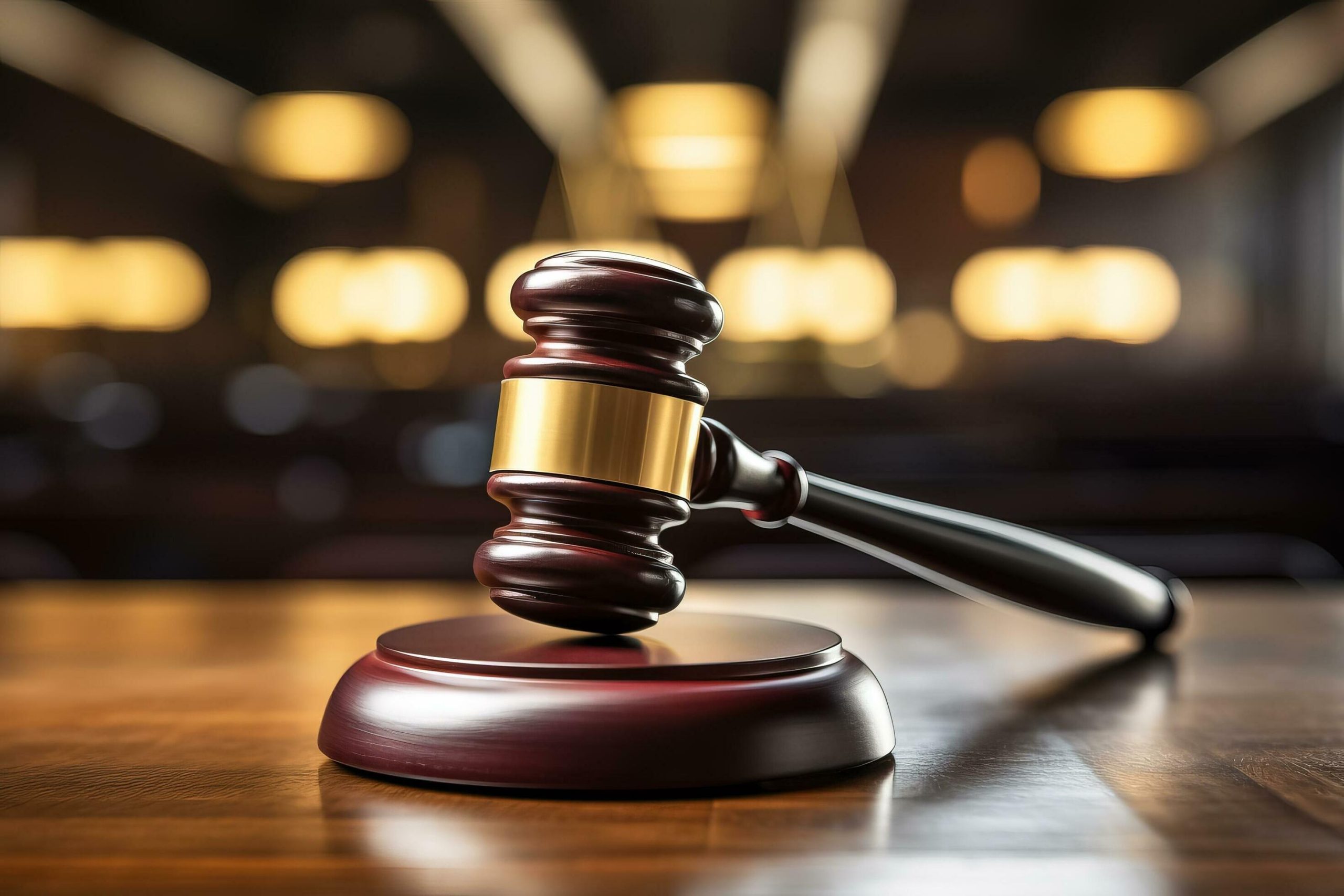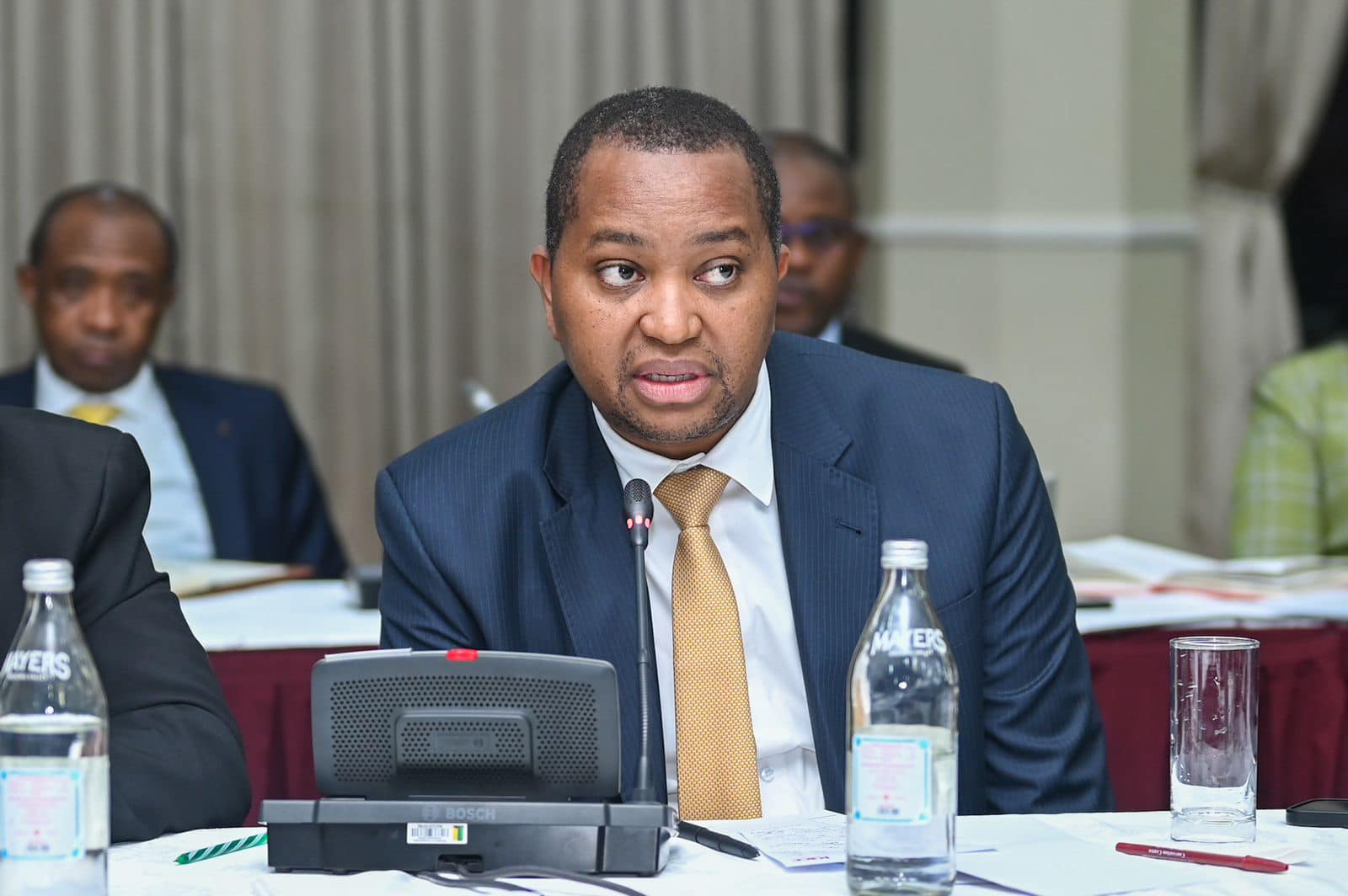The Weekly Vision Reporter
The newly inaugurated Independent Electoral and Boundaries Commission (IEBC) is facing its first major constitutional test in the Constitutional Court following a petition seeking to find it in breach of several provisions of the Constitution of Kenya.
To unlock the full article:
Choose one of the options below:
- Ksh 10 – This article only
- Ksh 300 – Monthly subscription
- Ksh 2340 – Yearly subscription (10% off)
The petition arises from IEBC’s refusal to process applications by aggrieved voters seeking the recall of certain Members of Parliament. On 30th July 2025, IEBC stated that it could not facilitate the recall process under Article 104(1) and (2) of the Constitution, citing the absence of enabling legislation. The Commission referred to a 2017 High Court judgment which nullified parts of the Elections Act that had previously provided the procedural framework for such recalls.
However, six petitioners who had already filed recall requests now accuse the IEBC of unlawfully suspending constitutional rights enshrined under Article 104 and other related provisions. They allege that IEBC has demonstrated gross incapacity to implement its constitutional mandate and to interpret the 2010 Constitution in line with both domestic and persuasive foreign jurisprudence.
Also sued alongside the IEBC are the Senate and the National Assembly, for failing to enact the required legislation to operationalise Article 104. The Attorney General has been enjoined in the suit for allegedly failing in his role as the government’s legal adviser to ensure such legislation was passed.
The petitioners argue that the absence of legislation should not impede the enforcement of constitutional rights. They are seeking an order compelling Parliament and the Attorney General to enact the necessary law within 90 days. They further want the Court to declare IEBC’s failure to process the recall petitions unconstitutional and in violation of Articles 1, 2, 3, 10, 20 and 104 of the Constitution.
Specifically, they pray for a ruling declaring that:
“The IEBC’s refusal to process applications and requests for the recall of Members of Parliament is unconstitutional and violates Articles 1, 2, 3, 10, 20 and 104 of the Constitution.” “Parliament’s failure to enact legislation to provide for the grounds and procedures for the recall of Members of Parliament, as mandated by Article 104(2), is a breach of the same constitutional provisions.”
The petition argues for a purposive interpretation of the Constitution, guided by Kenyan and foreign case law from other Common Law jurisdictions. It asserts that the Constitution is the supreme law, and the absence of implementing legislation cannot nullify a constitutional right.
According to the petitioners, constitutional rights are directly enforceable, and any interpretation to the contrary is either jurisprudentially flawed or based on wilful ignorance. They further accuse IEBC of attempting to elevate statutes above the Constitution and allege that Parliament is seeking to benefit from its own failure to act.
The petition claims IEBC could lawfully draft regulations to enforce Article 104 without violating the Constitution. This, the petitioners argue, would be an innovative yet legitimate approach to ensuring the protection of constitutional rights.
They want the Court to restrain IEBC from penalising voters due to Parliament’s failure and from purporting to suspend or frustrate Article 104(1) and (2). Citing the 2017 Katiba Institute v Attorney General case, the petition recalls that the High Court characterised the right to recall as a fundamental constitutional right not contingent on enabling legislation. The Court, at the time, held that restrictive statutory provisions could not override a constitutional right.
The petitioners also invoke persuasive precedent from the South African case August and Another v Electoral Commission and Others (1999), where the Constitutional Court held that a lack of legislation cannot deprive citizens of constitutional rights.
They maintain that under Article 3(1) of the Constitution, every person and institution has a duty to respect, uphold and defend the Constitution. By refusing to devise interim measures, the IEBC and Parliament, by its inaction, have abdicated their constitutional obligations.
As a constitutional commission under Article 88, the IEBC is expected to proactively safeguard constitutional rights, including the development of guidelines or utilisation of surviving provisions of the Elections Act 2011, such as Section 47, to process recall petitions.
The petitioners insist that IEBC’s current stance effectively neutralises voters’ most potent tool for holding errant MPs accountable and violates their sovereign right to participate in governance as provided under Articles 1 and 10. Further, the petition urges the Court to adopt the reasoning of the High Court in Ndii & Others v Attorney General & Others (2021),
where it was held that:
“…we do not subscribe to the school of thought that absence of legislation implementing a provision of the Constitution renders such a provision inoperative and unenforceable… constitutional processes may still be undertaken as long as constitutional expectations, values, principles and objectives are met.”
On 1st August 2025, the Court ordered the petitioners to serve the IEBC, the Attorney General, and Parliament, and scheduled a mention of the case for 17th September 2025 for further directions.
[/full]




